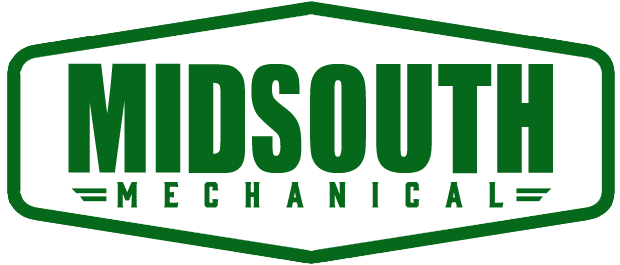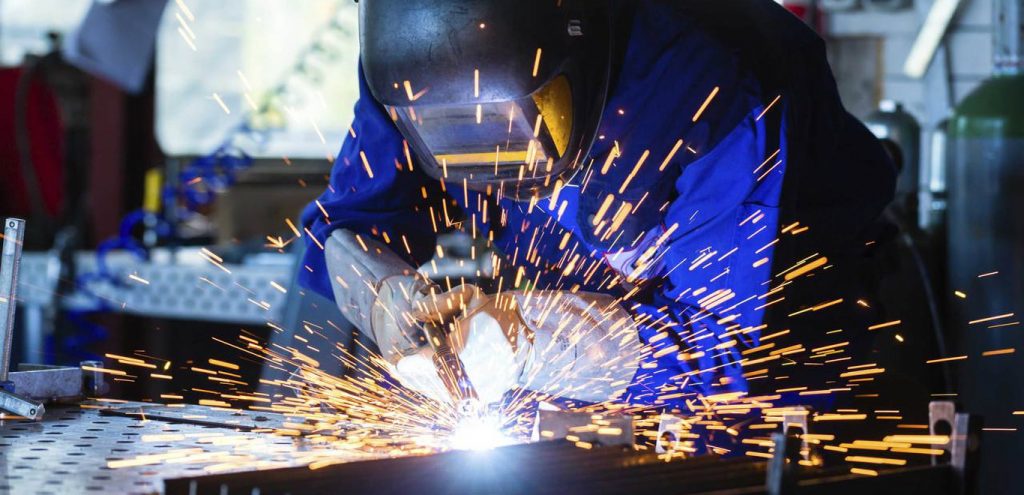Quality welds are the key to successful metal fabrication. Every single weld is key to ensuring structural integrity and longevity. Without sufficient welding quality control, mistakes can compromise the entire custom metal fabrication.
From minuscule holes that invite rust to poorly-fused welds that lead to breaks, welding mistakes can have disastrous and costly results, such as product failure or failure to meet OSHA industrial access regulations or industry-specific requirements.
But properly trained and certified welders, along with a well-documented quality control program, can prevent project mishaps and delays. Here are five questions to ask custom metal fabricators to ensure welding quality is front and center.
1: Can you provide documentation to ensure your welders are certified?
A qualified custom metal fabricator should be able to verify certifications and qualifications for all their welders on staff, as part of a documented quality control program.
Welders should be qualified to:
- Weld structural steel according to the American Welding Society AWS D1.1 (carbon steel above 1/8” gauge)
- Meet AWS D1.6 standards (stainless steel above 1/16” gauge)
- Follow Welding Procedure Specifications (WPS) that conform to ASME Section 9
- Fabricate carbon-steel tanks that conform to the API-650 standard
- Adhere to industry-specific welding regulations, such as the stringent standards set by the Canadian Welding Bureau (CWB)
2: How do you qualify your welders on staff?
The custom metal fabricator should be able to provide a Welder Qualification Record to verify each welder has been tested in accordance with applicable welding codes, such as:
- American and Canadian Welding Society codes
- AWS D1.1 structural welding codes for steel
- 8.1.1.2 API codes and standards
- 8.1.2 AISC codes and standards
- 8.1.3 CSA standard W47.1
3: Do you have a quality manager to oversee welding performance?
A reputable fabricator should have a quality manager on staff to oversee performance for each welder and tacker. Every six months, the QA manager should update the specific qualifications of each welder and tacker, and document their individual work histories in accordance with applicable industry codes.
Additionally, fit-ups should be visually inspected per the requirements of the applicable fabrication drawings. The QA manager should document and photograph all welds and assembly details and send the custom metal fabrication paperwork for approval before shipping.
4: Do you have a system for numbering and identifying WPS?
The custom metal fabricator’s QA manager should establish a system for numbering and identifying Welding Procedure Specifications. This system should include recording all pertinent welding information, such as plate dimensions, material type, and welder and operator identifications.
Essential variables of the WPS should also be evaluated, such as consumables, preheat, inter pass temperature, travel speed, and amps or volts used in preparing the welding procedure qualification test specimen. The QA manager should make required updates to the WPS as needed, and communicate updates to every welder in the shop.


